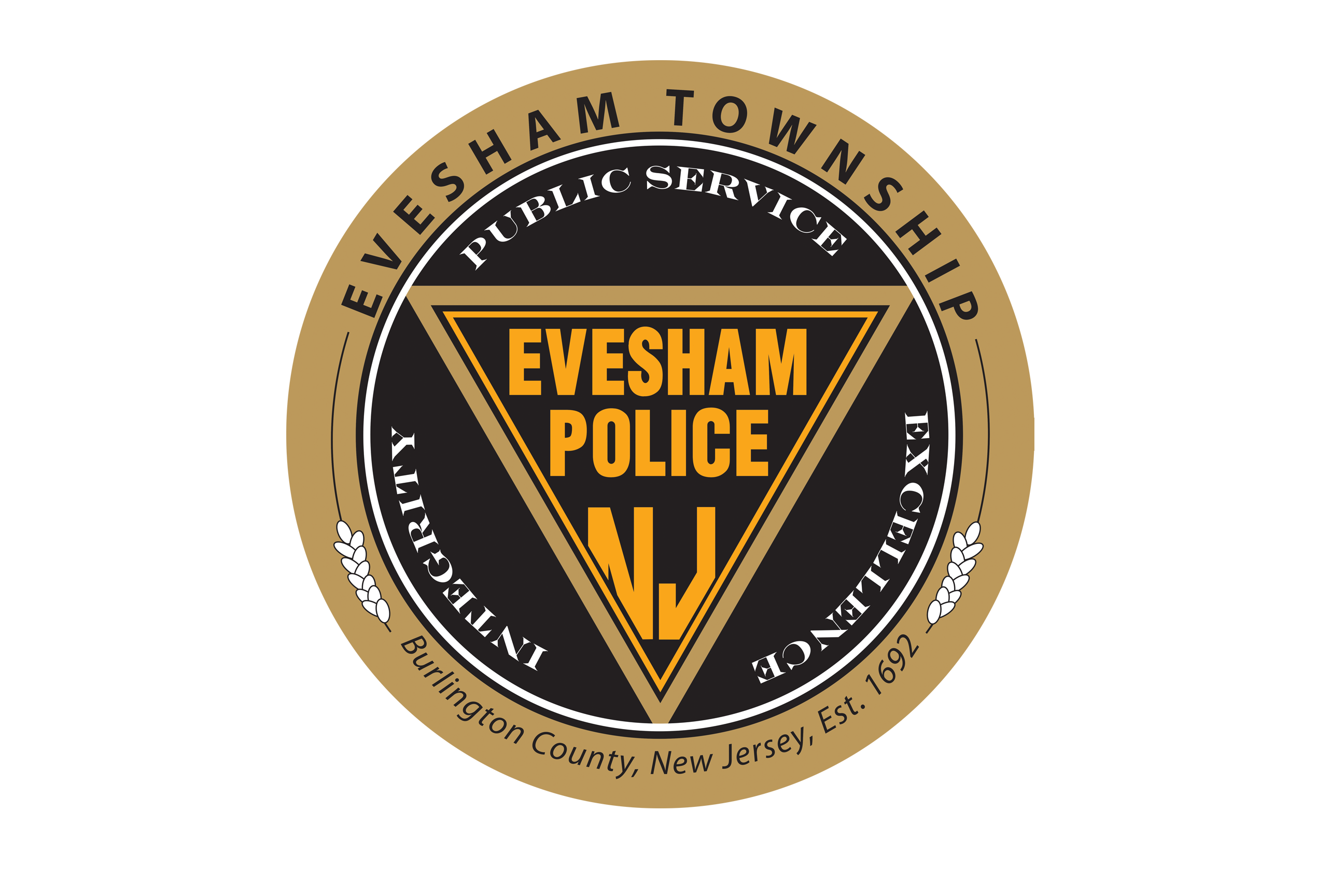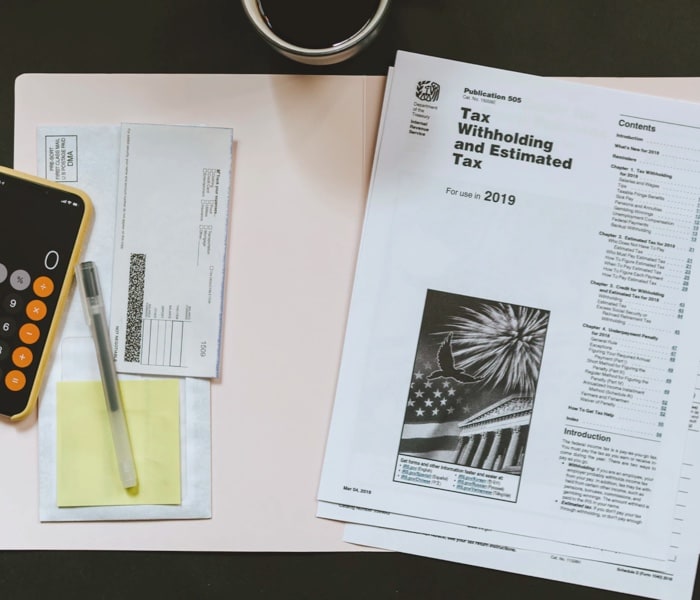Follow Us:
Pillar Four: Community Policing and Crime Reduction
Community policing is a philosophy that promotes organizational strategies that support the systematic use of partnerships and problem-solving techniques to proactively address the immediate conditions that give rise to public safety issues such as crime, social disorder, and fear of crime.
Police interventions must be implemented with strong policies and training in place, rooted in an understanding of procedural justice. Indeed, without that, police interventions can easily devolve into racial profiling, excessive use of force, and other practices that disregard civil rights, causing negative reactions from people living in already challenged communities.
Yet mutual trust and cooperation, two key elements of community policing, are vital to protecting residents of these communities from the crime and identified social harms. Community policing combines a focus on intervention and prevention through problem solving with building collaborative partnerships between law enforcement agencies and schools, social services, and other stakeholders. In this way, community policing not only improves public safety but also enhances social connectivity and economic strength, which increases community resilience to crime.
Problem solving, another key element of community policing, is critical to prevention. And problems must be solved in partnership with the community in order to effectively address chronic crime and disorder problems.
In summary, law enforcement’s obligation is not only to reduce crime but also to do so fairly while protecting the rights of citizens. Any prevention strategy that unintentionally violates civil rights, compromises police legitimacy, or undermines trust is counterproductive from both ethical and cost-benefit perspectives. Ignoring these considerations can have both financial costs (e.g., lawsuits) and social costs (e.g., loss of public support).
It must also be stressed that the absence of crime is not the final goal of law enforcement. Rather, it is the promotion and protection of public safety while respecting the dignity and rights of all. And public safety and well-being cannot be attained without the community’s belief that their well- being is at the heart of all law enforcement activities. It is critical to help community members see police as allies rather than as an occupying force and to work in concert with other community stakeholders to create more economically and socially stable neighborhoods.
ETPD Action on Pillar Four
Social media outreaches through Facebook, Instagram, Twitter, Nextdoor.
Shop with a Cop / No Shave November / Pink badges / Yoga with Police
Pizza with police / Coffee with a cop / Helmet tickets 7-11 free Slurpee
Ice Cream Trucks in neighborhoods / Trunk or Treat / Child Seat Check points
Vacation checks / Active Shooter Training Courses / Autism ID Program
Crafts with Police / Residential and Business Security Surveys /
Neighborhood Chalk -free pizza to children / Medicine drop box
Neighborhood surveillance Program / Baseball card program /
Craigslist Safety Zone / HERO Campaign/Savings Lives
Virtual Ride Along Program / Firearms Safety Course
Baking with Police / Women’s self-defense classes / Outdoor boot camp
- Police Academies
- Police Chaplains
- Police Explore Program
- SLEO I Program
- LEAD Program
- School Resource Office (SRO)
- Straight to…Treatment Program
- Not Even Once Program
- NAACP Ride Along Program
- Awards Dinner
- Police Foundation Program
Youth Police Academy (2 weeks per summer)
Lead Leadership Camp (1 week per year)
Volunteers in Police Service (2020 Goal)
Police Chaplains shall be requested to perform the following duties and any other duties that may be assigned by the Chief of Police:
Assist the agency in making notifications to families concerning serious injuries or death
Visit sick or injured police department personnel at home or in the hospital
Attend and participate in funerals of active and retired members of the agency
Counsel police personnel regarding personal problems and stationhouse adjustments
Coordinate and conduct memorial services
Participate in in-service training programs;
Attend departmental functions such as graduations, promotions, and award ceremonies
Assist in programs and counseling targeted at youthful offenders
Assist in enhancing public relations and community outreach
Meet with the Chief of Police and other police personnel on a regular basis for the purpose of ongoing evaluations, development of programs, and discussion of departmental morale.

